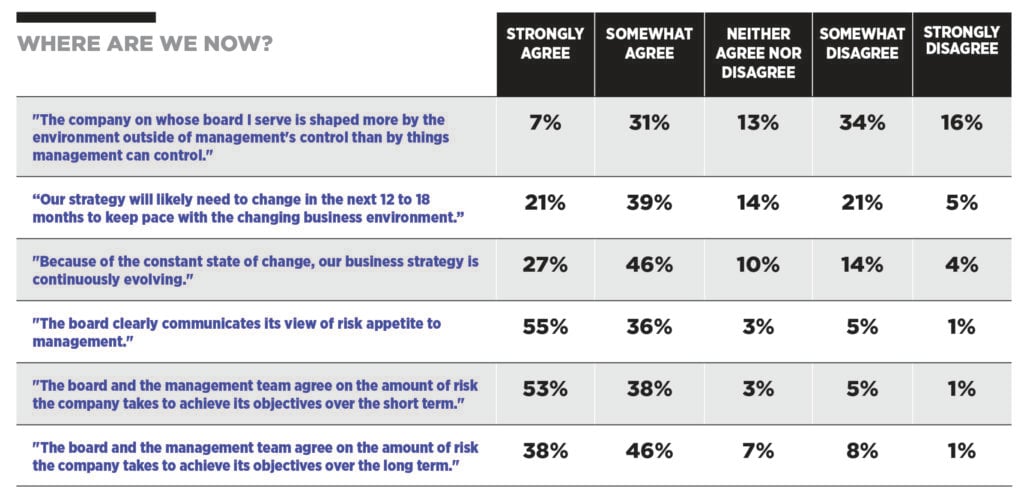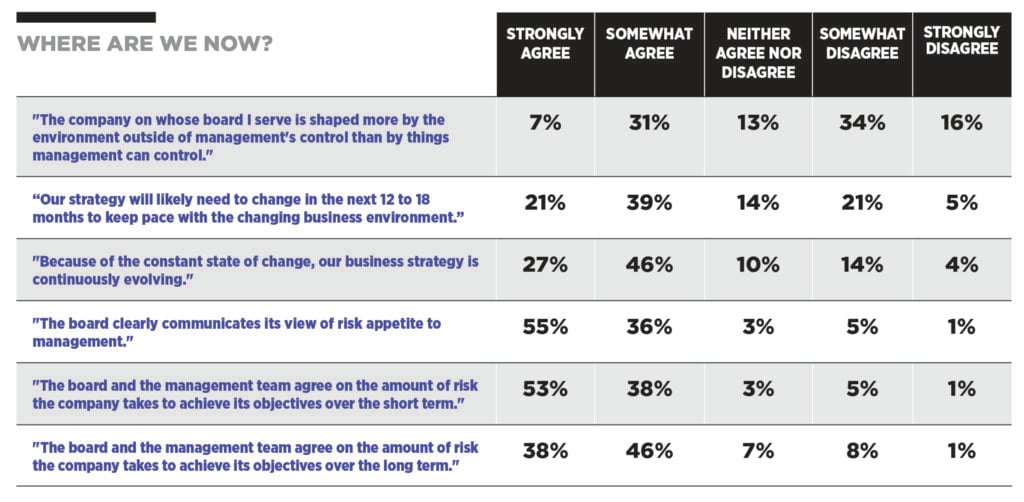A recent report suggests that many publicly traded corporations are continuing to maintain and promote Diversity, Equity and Inclusion (DEI) initiatives despite the recent DEI backlash that has moved some companies to end or significantly modify such efforts.
According to global consulting and advisory firm Teneo’s new The State of Sustainability in 2024: DEI Will Survive report that analyzed 250 sustainability reports of S&P 500 companies, “A little under half (43 percent) of the S&P 500 continues to maintain and promote quantitative, time-bound DEI goals within their sustainability reports, with almost 80 percent of these goals remaining unchanged from last year. The most common are representation goals, present in one-third of companies, followed by supplier diversity goals (14 percent). Twenty-three percent of reports also note other DEI goals such as goals for hiring from Historically Black Colleges and Universities (HBCU) and for investing in under-represented communities.”
However, Teneo’s report did note that the use of the acronym “DEI” in sustainability reports has declined from 99 percent of companies surveyed in 2023 to 94 percent in 2024. Instead, companies “prioritize ‘inclusion’ by placing it first in the acronym” or they are emphasizing terms such as “culture” or “belonging” when referring to such initiatives. Companies have made these move “to mitigate the risk of backlash” according to the report. This year, Tractor Supply Company, John Deere, Ford, Lowe’s and Harley-Davidson all announced that they are eliminating DEI initiatives because of pressure from conservative groups.
Acknowledging that anti-DEI sentiment is not going to go away any time soon, the report ends with the following warning to corporate boards:
“DEI communications are being scrutinized by a broad range of stakeholders. To better navigate different and often conflicting perspectives, ESG reports should clearly demonstrate how DEI efforts align with business priorities and highlight measurable outcomes… Since many companies established DEI as financially material in prior 10-Ks and ESG reports, a decision to unwind or adjust these initiatives will likely need to be addressed with investors as well.”
Based on the Teneo report’s findings, corporate directors might want to consider the following:
Make determining how vulnerable the company might be to Anti-DEI backlash a board agenda item for 2025 Considering that several major corporations have been targeted for Anti-DEI campaigns in 2024, a review of the existing DEI-related initiatives at most companies (such as diversity goals, targeted talent programs and supplier diversity programs) seems reasonable. It will not hurt to make certain that these initiatives are compliant with current law and aren’t exclusionary, as critics argue. The board should be clear about the implementation and intent of any DEI-related programs that the company has in place and be willing to defend those programs if they are challenged. A review of the programs will make sure that the board is not blindsided.
Survey major shareholders and stakeholders on their views on DEI. Companies will need to find a way to continuously monitor the pulse of shareholders and stakeholders on this issue. In some cases, DEI backlash was generated by shareholders; in other cases, consumers stirred the pot. Corporate directors may need to communicate directly with different groups to negotiate policies that are acceptable to multiple parties to avoid shareholder actions or consumer boycotts.
Review previous communications about DEI programs then re-affirm company commitment to the programs or make appropriate adjustments. How things are communicated is important to provide transparency and clarity to shareholders. If companies have stated that these programs are financially material in previous disclosures, this is an opportunity to clear up any misconceptions about how DEI initiatives are being implemented and provide evidence as to the positive impact they are having on the organization.








